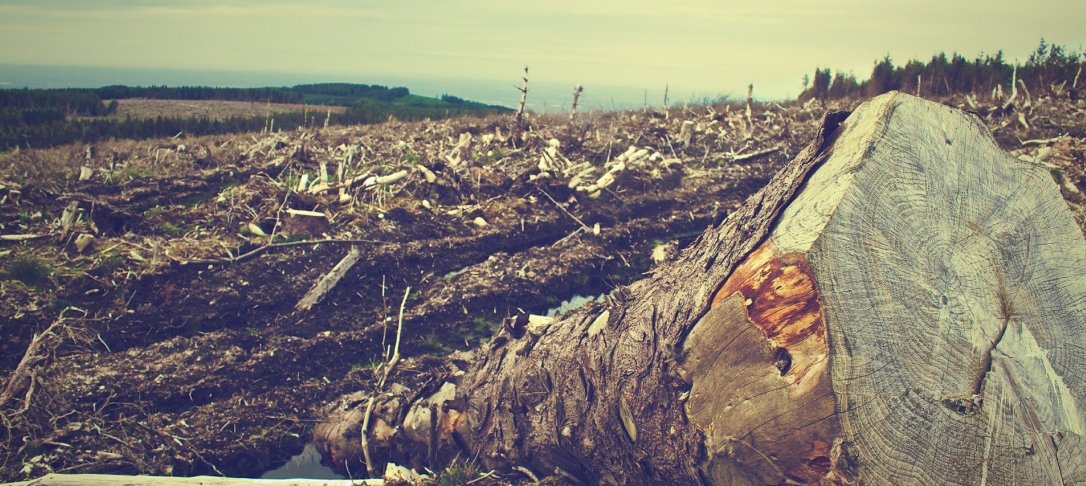
This webinar is given by Linnea Luuppala, a Doctoral Candidate in Social and Moral Philosophy at the University of Helsinki.
Degraded, Damaged, and Destroyed: The Ethical Landscape of Ecological Restoration
The United Nations has declared 2021 to 2030 as the ‘Decade of Ecosystem Restoration’. This commitment to ecological restoration is hardly surprising at a time when report after report testifies the devasting state of the natural environment and the key role humans are playing within this destructive trajectory (IPBES’s ‘The global assessment report on biodiversity and ecosystem services’, IPCC’s special report ‘Climate Change and Land’, and World Economic Forum’s ‘The Global Risks Report 2020’ to name a few). Indeed, ecological restoration has been at the top of the toolkit providing solutions to this environmental crisis.
“Ecological restoration is the process of assisting the recovery of an ecosystem that has been degraded, damaged, or destroyed” as defined by the Society for Ecological Restoration (SER) (SER Primer 2004). On the face of it, ecological restoration appears to provide a perfect solution towards our environmental predicament; however, it comes accompanied with a host of ethical issues. This presentation focuses on these issues; introducing the ethical landscape of ecological restoration and focusing on the fundamental reasoning as to why we should restore nature.
The ethical issues are introduced through a moral garden of forked paths. This thought experiment will lay out the architecture of the moral landscape of ecological restoration and demonstrate how the inclusion of an ethical dimension to the practice of ecological restoration can lead to different pathways and to very different outcomes when practising ecological restoration. Ecological restoration is not only a scientific problem but also an ethical one, and if the ethics are taken seriously the ‘decade of ecosystem restoration’ will hopefully remain as the last.
Biography
Linnea Luuppala is a Doctoral Candidate in Social and Moral Philosophy at the University of Helsinki. Her PhD research focuses on the philosophical analysis of ecological restoration and is funded through the Kone Foundation. Her research interests focus on environmental philosophy, climate change and applied ethics. She completed her Master of Social Sciences at the University of Helsinki in 2015 and she has an undergraduate degree in Philosophy from the University of Reading. Linnea used to work at Imperial College London at the Energy Futures Lab and for the Science and Solutions for a Changing Planet DTP at the Grantham Institute – Climate Change and the Environment.
Practical information:
Please note this is a webinar, you will receive joining instructions via email on the day before the event.
Please register for a ticket, your joining instructions will be emailed to you 24h before the event takes place.
Sign up to receive the Grantham Institute’s Weekly Update email, featuring the latest news and events about climate change and the environment at Imperial.
When registering for a ticket here, your data will be stored by Eventbrite. See Eventbrite’s privacy policy. If you would rather not register with Eventbrite or would like to discuss accessing the webinar, please contact Anne Houston.